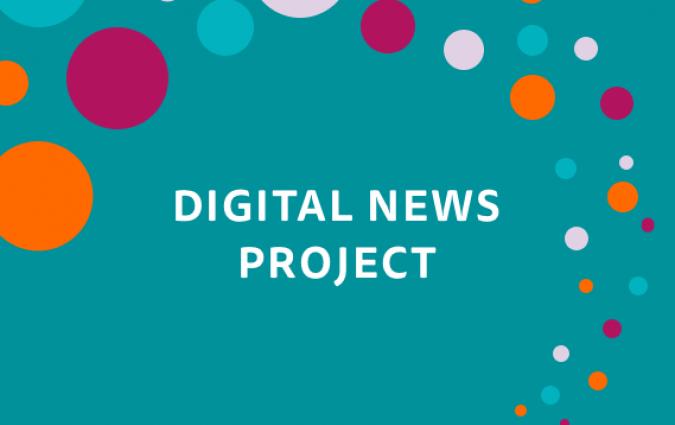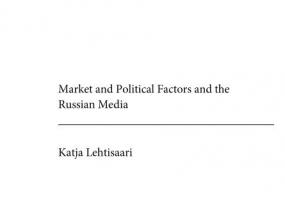The Role of the Media in the Democratic Transition in Egypt: a case study of the January 2011 Revolution

Reuters Institute Fellow's Paper
Nagwa Abdallah, an Egyptian journalist working at the al-Ahram newspaper, has written a timely analysis of the role of the traditional and new media in the January 2011 popular uprising against Hosni Mubarak.
In her paper entitled ‘The Role of the Media in the Democratic Transition in Egypt: a case study of the January 2011 Revolution’, Nagwa, who was a Mona Megalli fellow, concentrates on the social and economic roots of the revolution, and then analyses the interplay between the political forces opposing Mubarak and their use of social media like Facebook.
Nagwa uses content analysis to examine how new, privately-owned and independent newspapers like El-Masry El-Youm challenged the dominant narrative of the fraudulent elections of November 2010 offered by al-Ahram and other state-owned media. She also gives a detailed analysis of how different media – new and old – played a central role in the events of January and February 2011, and stresses the key role that Al-Jazeera Arabic played in covering the demonstrations, often backed up by social media.
She draws several conclusions. Firstly, the media, but especially the independent newspapers and the satellite channels, not only highlighted the opposition movements’ activities, but also helped to expose the regime’s wrongdoings, corruption and injustice. Secondly, the new media (Facebook, twitter, blogs) and traditional media constituted a sort of network that helped to boost the call for political change adopted by the opposition movements.
She concludes that ‘social networks have become part of Egypt’s political scene and have an ability to disseminate information and influence public opinion in a capacity that the traditional media do not possess. But the constraints of the new media must be considered: while some journalists blog, the vast majority of bloggers are more like political activists rather than journalists. They may have the ability to cover stories which the state-run or independent media in Egypt would or could not touch, but they also have no editor, no deadline, and no obligation to check the facts.'
As with all Fellows’ research papers, any opinions expressed are those of the author and not of the Institute.
Image: REUTERS/Amr Abdallah Dalsh





